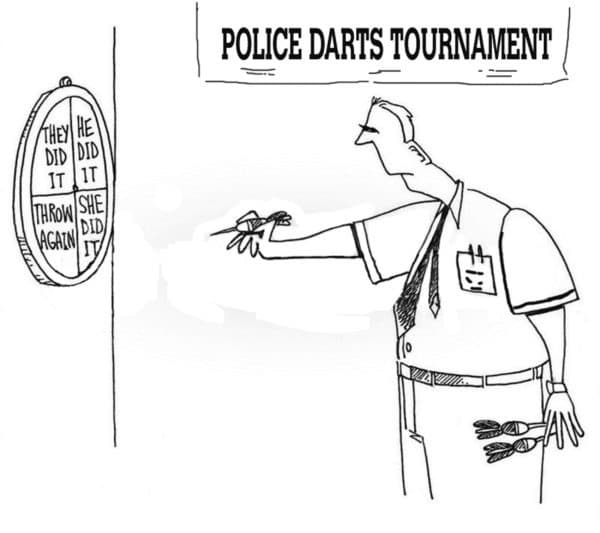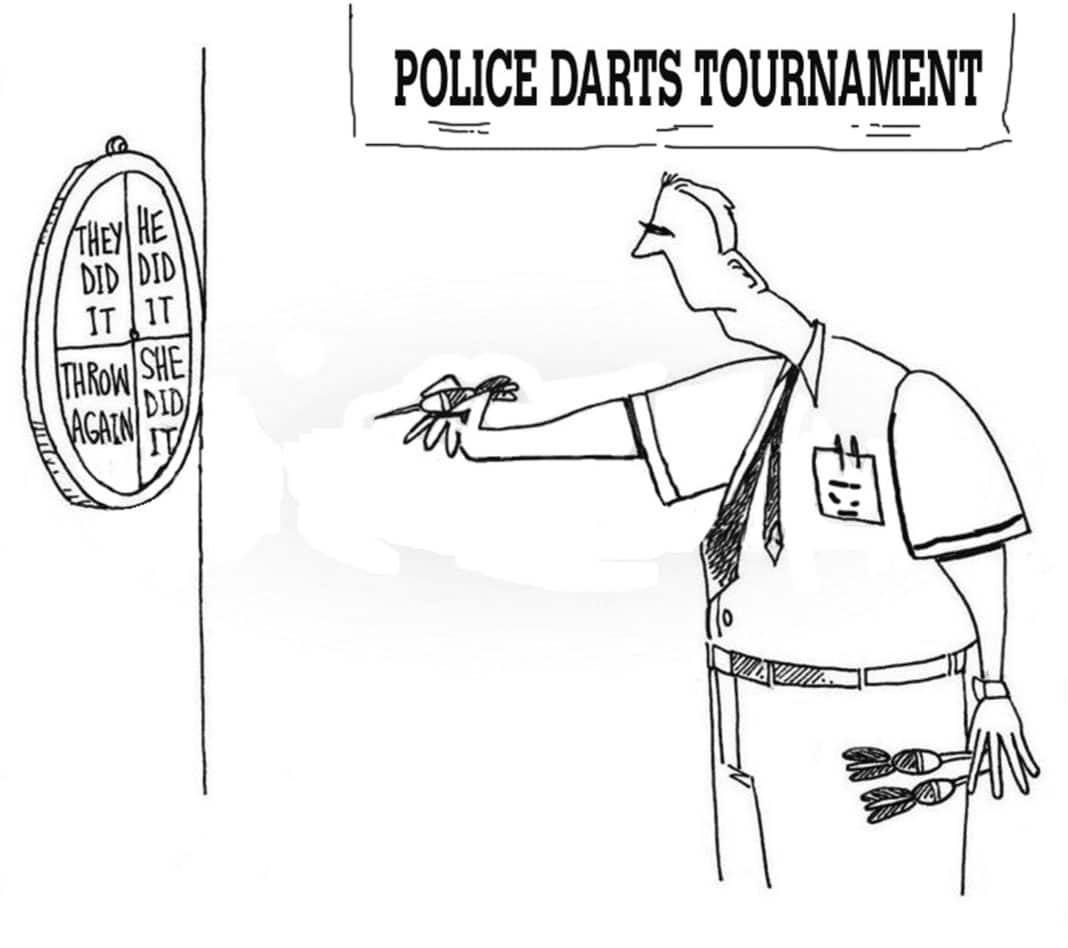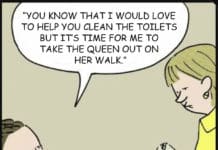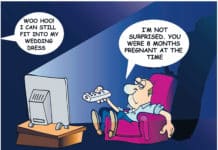There was rather a portly TV detective called Frank Cannon, played by the late William Conrad, who used to pursue criminals on foot at such a slow pace that it sometimes appeared he was running backwards. To the bakery or pie shop, perhaps. When the wrongdoer climbed up some water tower, as they bizarrely often did, Frank would climb up after them, rather than simply wait below until hunger drove them back down. Clearly they would have sufficient water for a prolonged siege.
Cannon was simply one in a long line of fictional detectives who suffer under some affliction or from some disadvantage or other. J.K. Rowling’s Cormoran Strike lost half his left leg in Afghanistan, and could probably be outrun by Frank Cannon. Holmes’ addiction is not only to crime but to a seven percent solution of cocaine; Dr Watson himself has a troublesome mobile bullet wound, the result of a Jezail bullet either in the shoulder or the leg, depending on which story you read.
Inspector Morse likes a pint of beer with his crossword, Inspector Rebus likes several pints with his whisky, and Robert B. Parker’s wisecracking private eye Spenser all seem to be able to consume vast amounts of alcohol without it affecting their investigative prowess in the leasht, I mean least. And being in a wheelchair didn’t slow down Chief Ironside all that much, Frank Cannon please note.
We can only assume that part of the thinking behind the idea of creating flawed detectives is to make them seem more like the rest of us, or those of us who have flaws, anyway, which rules you and me out, little compliment I think you deserve for reading this far.
In many ways, Charles Willeford’s character Hoke Moseley outdoes (if that is the right word under the circumstances) the rest of the bunch. Chronically depressed, he alienates his family, never has any money, is always prepared to bend the rules, offends his colleagues, never cleans his squalid hotel suite, drives erratically and even manages to lose his false teeth. Can I resist saying it is no wonder he always looks down in the mouth? He has two teenage daughters and a partner with an unwanted pregnancy. And still he solves cases.
For some strange reason, it is the very imperfections of anti-heroes that make them the characters actors want to play in films, rather than the more bland goodies like Esther Summerson in Bleak House: “I know I am not clever.” It is more interesting to read of the actions of Lisbeth Salander or Harley Quinn than it is to watch the boringly predictable nose of Pinocchio.
The laughable thing is that when we are faced with a detective trying to be perfect — a Hercule Poirot or a Charlie Chan — we are more likely to scoff at their eating habits or be scathing about their moustaches than to take them seriously. But then who wants to be taken seriously? Not me.






